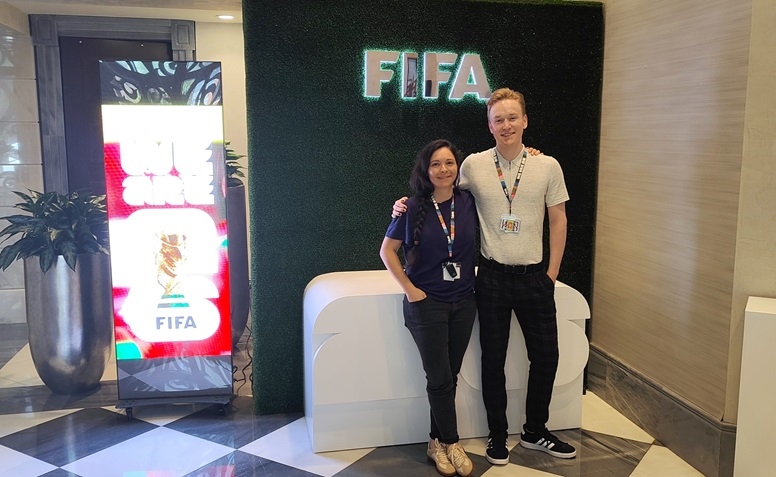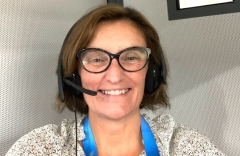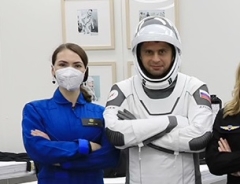Interpreting at the Paris Olympics Is a Once-in-a-Lifetime Opportunity
| by Sierra Abukins
As an interpreter at the Olympics, alum and professor Stephanie Cooper got a front seat to the biggest moment in many athletes’ lives, allowing them to express themselves in their mother tongues.




